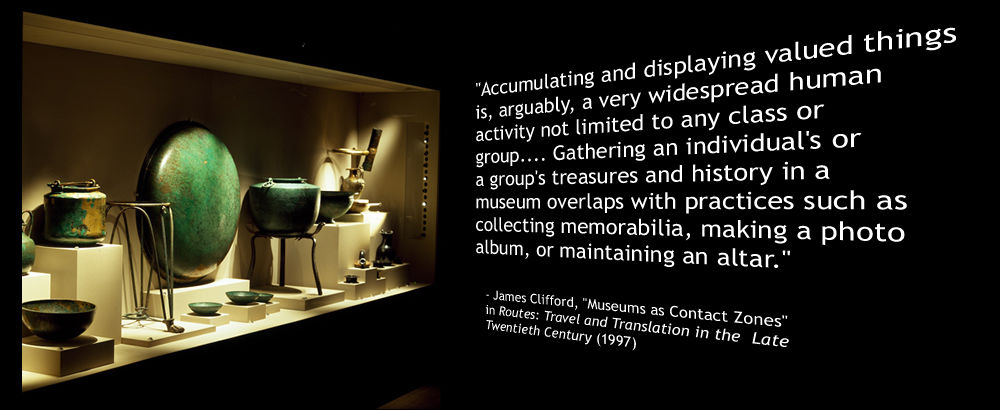 Question: does the display merely exhibit the value or constitute something as treasure?
Question: does the display merely exhibit the value or constitute something as treasure?
Read more here and here.
(Click the image to enlarge.)

A Peer Reviewed Blog
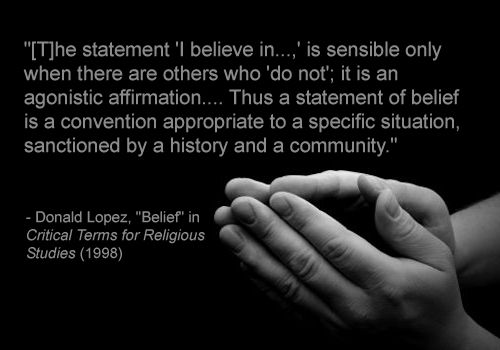 Read more.
Read more.
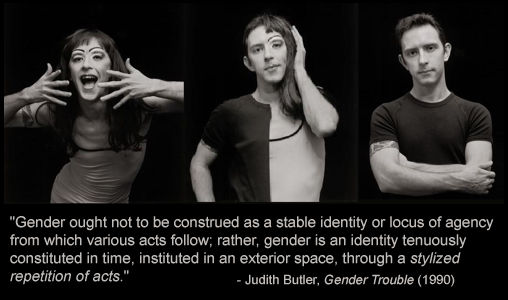 Read more.
Read more.
 Read Part 1 of Russell McCutcheon‘s recent blog post on his new book, co-authored with William Arnal. Part 2 of the blog post appears here.
Read Part 1 of Russell McCutcheon‘s recent blog post on his new book, co-authored with William Arnal. Part 2 of the blog post appears here.
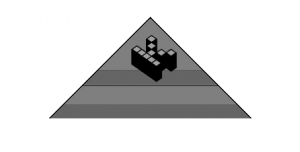 People involved in Kopimi, a movement promoting the free exchange of information and file sharing over the web (in opposition to anti-piracy and copyright regulations), have begun the process of registering as a religion in Russia. Their strategy is to use the special protections in Russia for religious sentiments (which recently went into effect following the Pussy Riot episode last year) to challenge anti-piracy regulations. Their argument is that the anti-piracy laws contradict their belief that “the process of exchanging data is sacred.” This is not the first time the Kopimi movement has worked to become a religion, as it is recognized in Sweden as Kopimistsamfundet. Continue reading “Strategic Religion”
People involved in Kopimi, a movement promoting the free exchange of information and file sharing over the web (in opposition to anti-piracy and copyright regulations), have begun the process of registering as a religion in Russia. Their strategy is to use the special protections in Russia for religious sentiments (which recently went into effect following the Pussy Riot episode last year) to challenge anti-piracy regulations. Their argument is that the anti-piracy laws contradict their belief that “the process of exchanging data is sacred.” This is not the first time the Kopimi movement has worked to become a religion, as it is recognized in Sweden as Kopimistsamfundet. Continue reading “Strategic Religion”
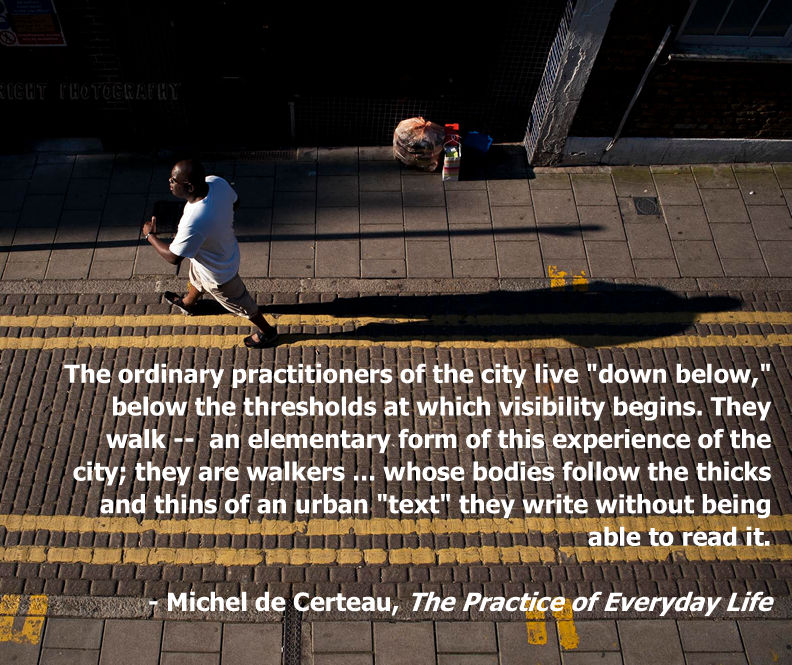 Read more (PDF).
Read more (PDF).
 In Sex/Gender: Biology in a Social World, Anne Fausto-Sterling provides us with an interesting metaphor with which to think about the nature/nurture debate. Sometimes the discussion is framed in terms of how much nature and nurture each contribute, as if they’re taking turns filling a bucket. Imagine a 100 gallon bucket:
In Sex/Gender: Biology in a Social World, Anne Fausto-Sterling provides us with an interesting metaphor with which to think about the nature/nurture debate. Sometimes the discussion is framed in terms of how much nature and nurture each contribute, as if they’re taking turns filling a bucket. Imagine a 100 gallon bucket:
Suppose two people (oh call one Mr. Nature and the other Ms. Nurture) are filling up that bucket with separate hoses. If Mr. Nature added 70 gallons and Ms Nurture 30, then we could say that the 100 gallons is due 70 percent to nature and 30 percent to nurture. (113) Continue reading “Discourse All the Way Down”
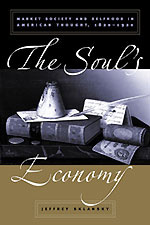 In The Soul’s Economy: Market Society and Selfhood in American Thought, 1820-1920, Jeffrey Sklansky argues that there’s a fundamental shift in American views on freedom and self-determination in the nineteenth century. While the American revolutionaries thought of freedom and self-determination as tied to property and wealth—i.e., material interests—with the rise of romantic authors like Ralph Waldo Emerson and others, freedom and self-determination shifted to some sort of interior freedom of thought.
In The Soul’s Economy: Market Society and Selfhood in American Thought, 1820-1920, Jeffrey Sklansky argues that there’s a fundamental shift in American views on freedom and self-determination in the nineteenth century. While the American revolutionaries thought of freedom and self-determination as tied to property and wealth—i.e., material interests—with the rise of romantic authors like Ralph Waldo Emerson and others, freedom and self-determination shifted to some sort of interior freedom of thought.
[I]n severing the bond between selfhood—or, in the language of the early republic, independence or liberty or virtue—and property, these writers did not necessarily question the transformation of self-employed farming and artisan families into propertyless wage earners. By identifying moral agency with the “inner self” rather than with political and economic sovereignty, they effectively redefined the founding ideals of freedom and democracy in ways that did not directly conflict with the revolution in property relations. (37)
According to Sklansky, they inadvertently “provided ideological cover for class inequality” (72).
Is your body free? Or just your soul?
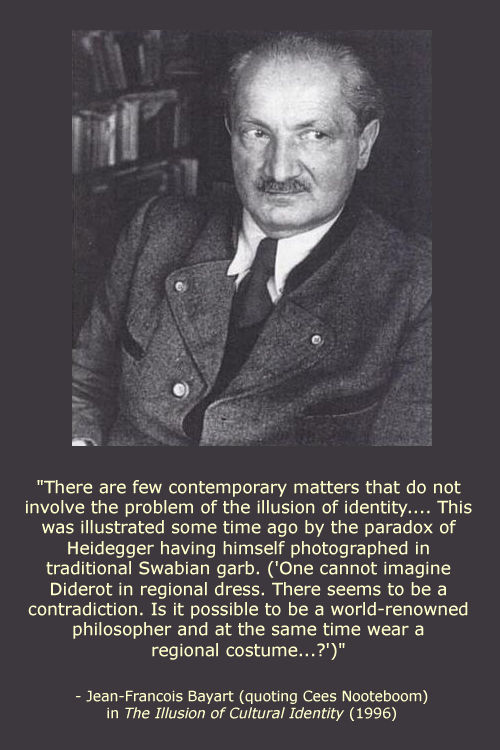 Read more.
Read more.
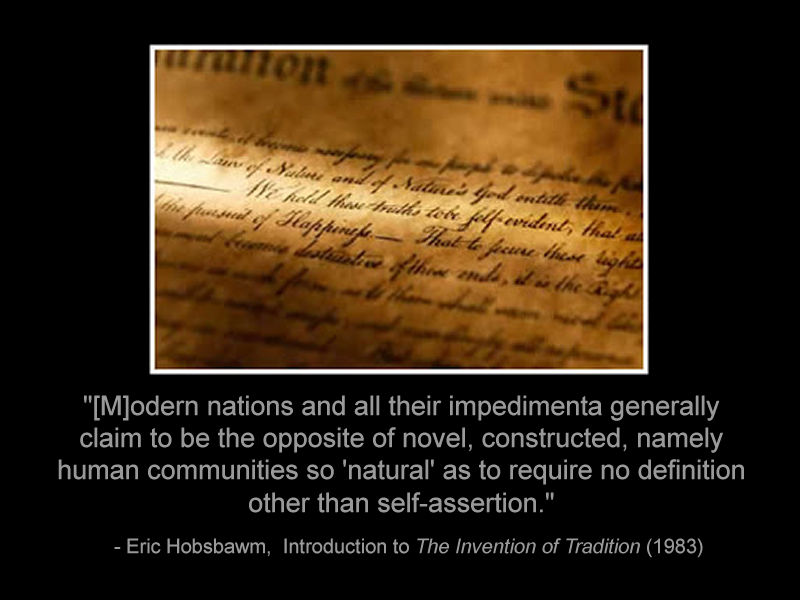 Read more.
Read more.